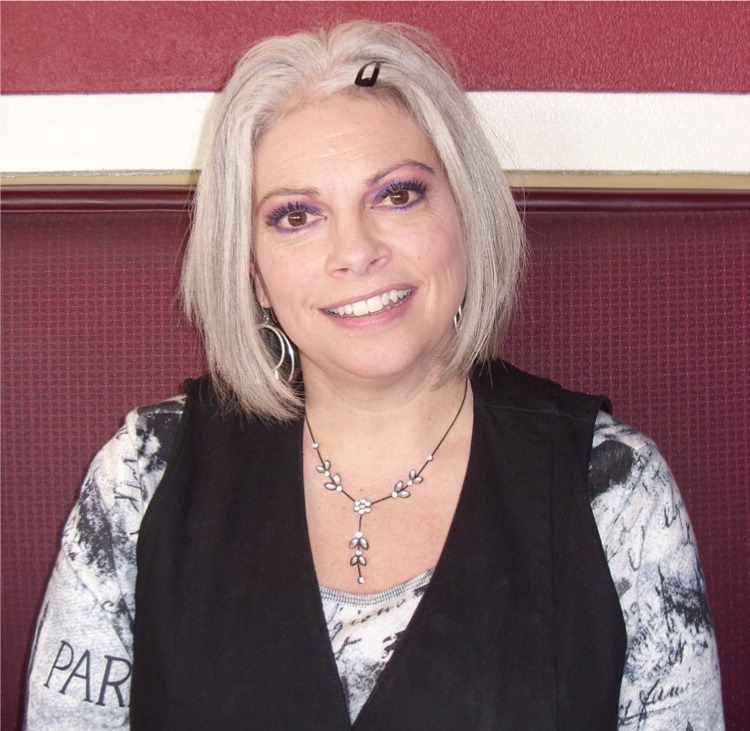
Am Fam Physician. 2010;82(7):818

It was five years ago when I asked for help for my addiction. I originally started taking painkillers after I had knee surgery. I was also under a lot of stress. When I started taking Vicodin, I noticed that it also took away my internal pain. I ended up taking probably 25 Vicodin a day, and then I moved up to Oxycontin. When I stopped taking them, I would start to withdraw. I felt like there were bugs crawling up my legs. I couldn't sit still, and I would start to shake. It was awful. There really is no way to describe it to someone who hasn't felt what withdrawal feels like.
I can't believe that I, a respectable mother and special education teacher, was living that life. I was driving my kids to baseball every day. I was functioning. In my eyes, I was okay. As I became more addicted, the pills weren't working anymore. The panic and anxiety began. I never hit rock bottom or anything. One day—nothing happened to make that day special—I woke up and looked in the mirror. I saw that I looked thin and tired. I said, “I can't do this one more day.” My husband was there, and I asked him to help me. I agreed to participate in an outpatient program. I started making friends and hearing other people's stories, and I realized why I was taking the drugs.
After rehab, I found a doctor who I hit it off with right away. He spent an hour with me that first day. He let me cry and sob, he gave me tissues, and he wheeled his stool right over to me, knee to knee, to give me that feeling of proximity and said, “You're not alone.”
I've never relapsed, but at one point, I was very close. There was just so much going on—the panic eventually led to the old habits of saying, “I've gotta not feel this. I can't feel this.” I just wanted all the pain to go away. I managed to get some Vicodin. I was thinking, “Even if it is for just two hours of peace.” But, I didn't do it. I flushed them down the toilet. I made a vow to myself that I wouldn't do that to my children. I made an appointment with my doctor for the next day. The most helpful thing he has said to me is, “I believe in you.”—m.w.
COMMENTARY
There are few things more satisfying than watching a patient successfully prevail over an extreme challenge such as opioid addiction. To facilitate this change by prescribing buprenorphine, and by listening and caring, is so astounding and so simple. My relationship with M.W. is successful because we trust each other. We live up to our commitments, we give to each other, and we each benefit from the relationship in our own ways.
